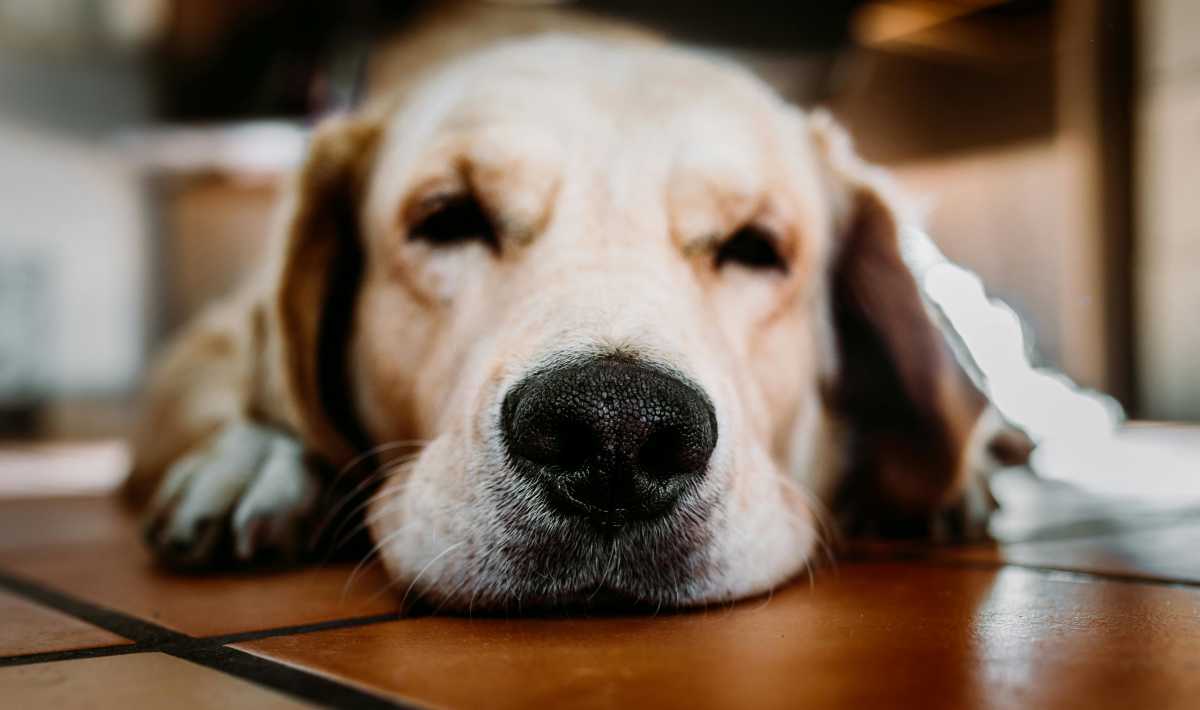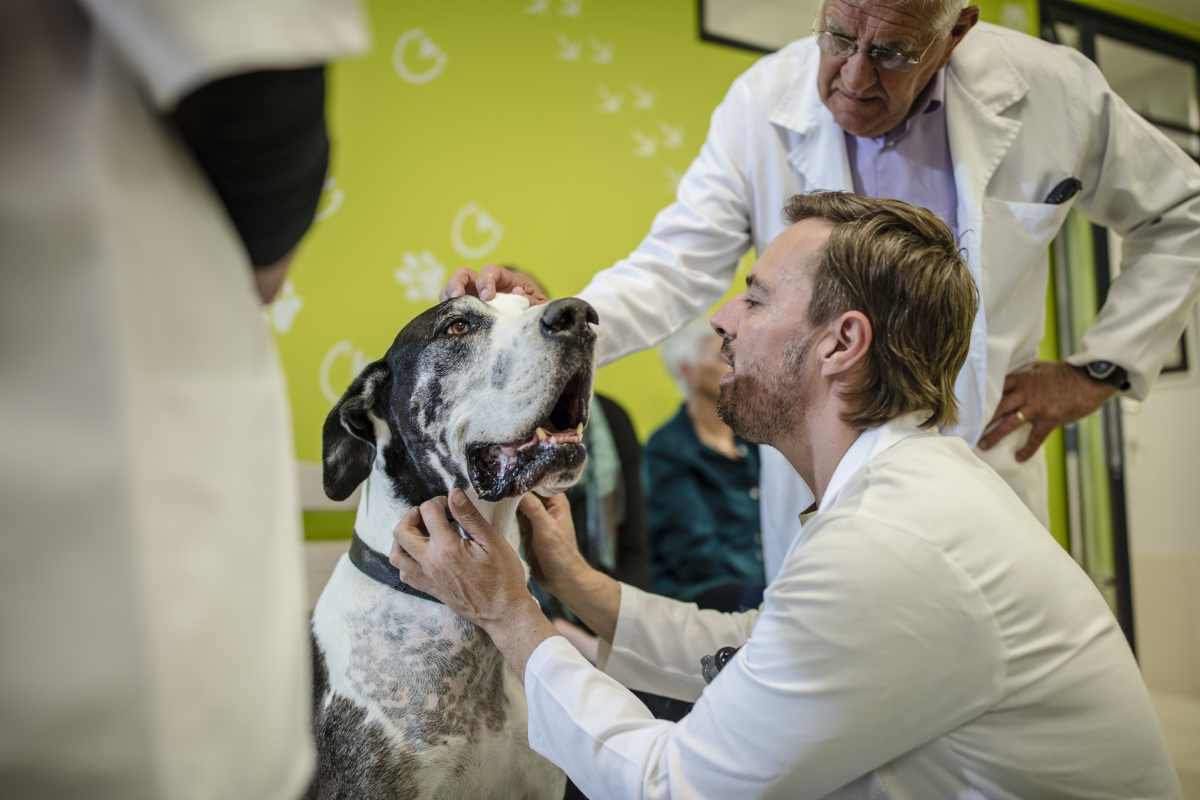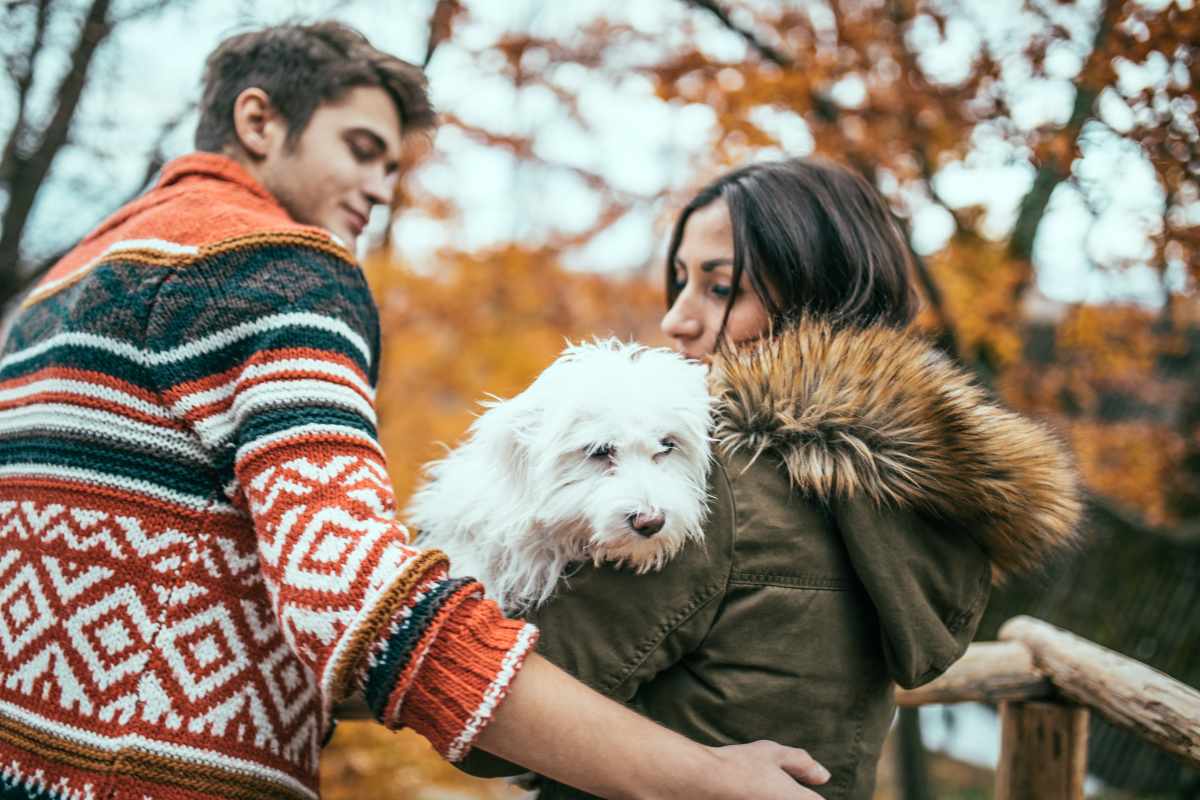Vet explains why it's time for pet parents to rethink face-licks

Many pet parents would happily take any and every form of affection from their furry friends. However, a few might question whether their pet licking them all over their face is safe or not. A veterinarian and professor of veterinary medicine at UC Davis, Jane Sykes, revealed crucial information about the effects of letting your pet lick you all over your face. There were some potential dangers, but the vet also had quite a big reassurance to offer to pet parents, per a video shared by The Washington Post.

Dr. Sykes also shared some essential information about pets licking a person's face. "Pets lick humans simply because they love you. Or it might be because they're trying to get your attention. But is it okay to let them lick you in the face?" The vet pointed out that it was "just fine" most of the time. A pet's saliva might have germs because they are present everywhere, according to Sykes. However, one might wonder if these germs are dangerous to them or not. "Not usually. But there are two germs that can be dangerous under certain circumstances." The names of those two germs are Capnocytophaga Canimorsus and Pasteurella Multocida. Both of the germs can be found inside the mouths of "healthy dogs and cats."

"Doctors worry about these infections because they can progress very rapidly. And they can be fatal, especially if they are not treated early with the right antibiotics." However, the vet assured people that they don't really need to worry about such infections. "Only about a thousand such infections have ever been reported. Ever." She added, "And so that's not really something to worry about." In an article from the outlet, the doctor shared that healthy adults might have little to no risk of getting licked by a pet that is looked at by a vet regularly. However, people with weakened immune systems might be at risk of infections.

But there is also another huge good news for pet parents. "Human-animal bond has a profound power to heal, comfort and connect us; it is one of the most underutilized tools for improving human well-being," according to Rustin Moore, dean of the veterinary school at Ohio State University. However, people should be careful about letting pets lick open wounds or medical equipment. "We have seen serious Pasteurella infections that arose after cats — especially kittens — chewed on and contaminated dialysis equipment. Such equipment should always be kept away from pets," an infectious-disease physician at the University of California-Davis, Natascha Tuznik, shared.
Out of the millions of bloodstream infections in North America and Europe every single year, fewer than 600 cases of Capnocytophaga infections have ever been reported. If one is worried about such infections, they can thoroughly wash their skin with soap and water after being licked by a pet. The vet advised people against sharing utensils with their pet. People with health conditions can talk to their doctors about ways to minimize their risks associated with being licked by a pet. She also pointed out that the chances of infections are very small in immunocompromised or older people as well.
More on Amplify
Plant experts and veterinarians reveal the best indoor plants to buy for home if you have pets
